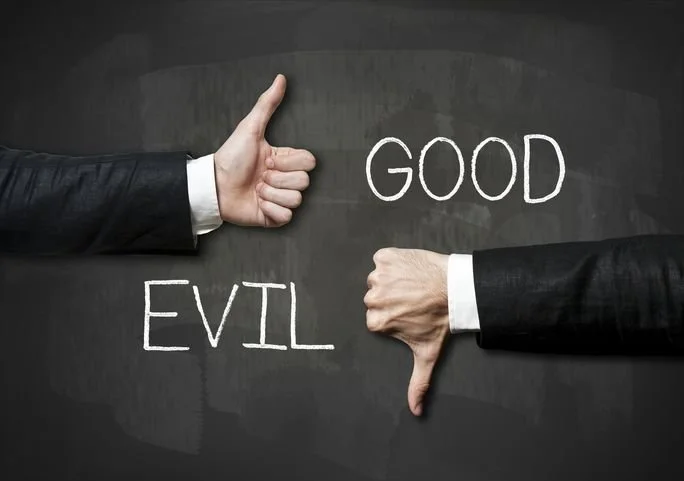I think it was “Doonesbury” creator Garry Trudeau who summed up the Baby Boomer aging process by saying it would be really depressing to have a heart attack while wearing your faded 501 Levi jeans.
I get that, as a Boomer who was born at the peak of that demographic wave (think January 1954). It seems like 75% of the ads during every noon ESPN Sports Center broadcast are aimed at me and my Medicare benefits. On top of that, I also spent several years in South Florida (I turned 50 there), where half the houses (it seemed to me) were in a development with “villages” in the name.
Thus, I understand why people are reacting to that recent feature. “Shadow on the Sun,” that ran in The Lamp Magazine, “A Catholic Journal of Literature, Science, the Fine Arts, Etc.” This long article by Sam Kriss isn’t a “news” feature, but I would argue that religion-beat journalists should dig into it.
Why? Well, as the Grateful Dead prophet Jerry Garcia put it — “What a long, strange trip it’s been.” And for millions of Boomers, the end of that trip is getting closer (like the Firesign Theater’s Antelope Freeway exit that never seems to arrive). Thus, there are lots of news hooks in this piece linked to death, dying and the Boomers, especially for reporters in Florida.
This brings us to The Villages, the largest retirement community in the world. The feature opens with a real-estate agent named Jason at the wheel during a tour.
Scholl Foot Care. Urology Associates. Cracker Barrel. Jason told me about The Villages. He explained that The Villages occupies around eighty square miles of central Florida, which makes it substantially larger than the island of Manhattan. It’s home to some one hundred forty thousand happy, active retired people, with more constantly arriving: this is the single fastest-growing metro area in the entire United States. It contains nine state-of-the-art hospitals, four gun ranges, two one-thousand-seat concert venues, and eight vast churches. It has more than fifty free golf courses, enough for you to play on a different range every week of the year. Ninety swimming pools, not counting the ones in people’s backyards. Twenty of them are Olympic-sized. Something like ten million square feet of commercial space, including a dozen sprawling shopping centers and over one hundred restaurants and bars. Residents also have their pick of around three thousand community social clubs. The Acting Out Theater Club produces its own original musicals. The Red Sox Nation Club has more members in The Villages than it does in Boston. The MAGA Club has hosted members of the Trump family. You can sail or scuba dive or line dance or learn the ukulele or discuss Ayn Rand. The Villages has its own radio station (W.V.L.G.), TV channel (V.N.N.), and newspaper (the Daily Sun), and somewhere north of eighty thousand homes. Jason couldn’t give me a more precise figure because it’s constantly changing. The Villages builds four hundred new houses every month.
What does this have to do with religion, morality and culture?










